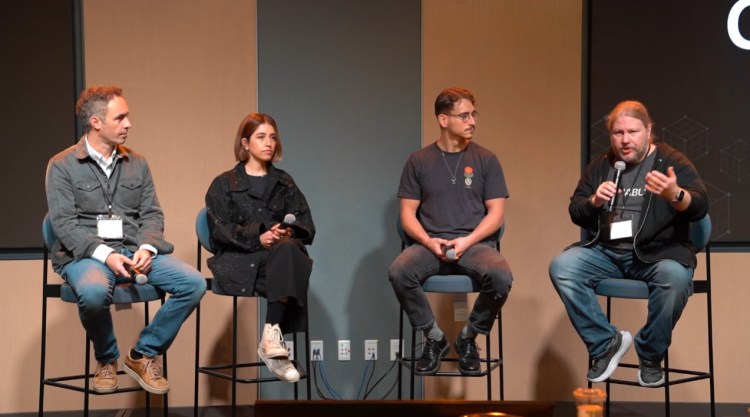The Role of AI in Game Development
The use of AI, specifically generative AI, in game development has sparked controversy among gamers and developers. While some have raised objections, others view it as the next step in the evolution of the medium. Discussions at the GamesBeat Next conference shed light on the potential future impact of AI in game development.
The Benefits of AI in Game Creation
In the discussion moderated by Jon Radoff from Beamable, the panelists explored the advantages of generative AI in game creation. Kylan Gibbs, Chief Product Officer at Inworld AI, emphasized the distinction between design time and run time applications of AI. He stated, “How does the game change? How do the mechanics change? Increases of revenue and playtime in gaming won’t come from the improved design time — which will cut costs — but will come from improvements to run time, which improves the experience of players.”
Stefano Corazza, Head of Roblox Studio, highlighted the flexibility that AI offers in the creative process. He expressed his excitement about the possibilities of generative AI, stating, “In the future, you’ll be able to completely reskin a game within a matter of seconds, just by changing a prompt. That’s exciting for me because I can see the creative experimentation will be orders of magnitude more than what we can do today.”
Negar Shaghahi, CEO of Auxuman, discussed the users of their Auxworld platform, which utilizes generative AI to create single-player games. She emphasized that the platform appeals to gamers who prefer playing games rather than creating them. Shaghahi explained, “When the game happens, you’re not watching someone play, you feel like you had control and an impact — you engage more.”
Empowering Players and Encouraging Innovation
Gibbs emphasized the evolving role of players in shaping the gaming experience. He stated, “What the creator or studio’s job is to instantiate the world and core narrative, and allow people to interact with it however they want… Each person is playing a different game within the same world and the same storyline.”
Shaghahi added, “With the emergence of AI and creating games becoming so much easier, the risks of creating niche content becomes lower. We don’t have this preciousness around the content, and that’s a good thing. Games and culture have existed next to each other, but culture hasn’t been able to enter games as quickly as it has on social. That’s a change we’re going to see.”










